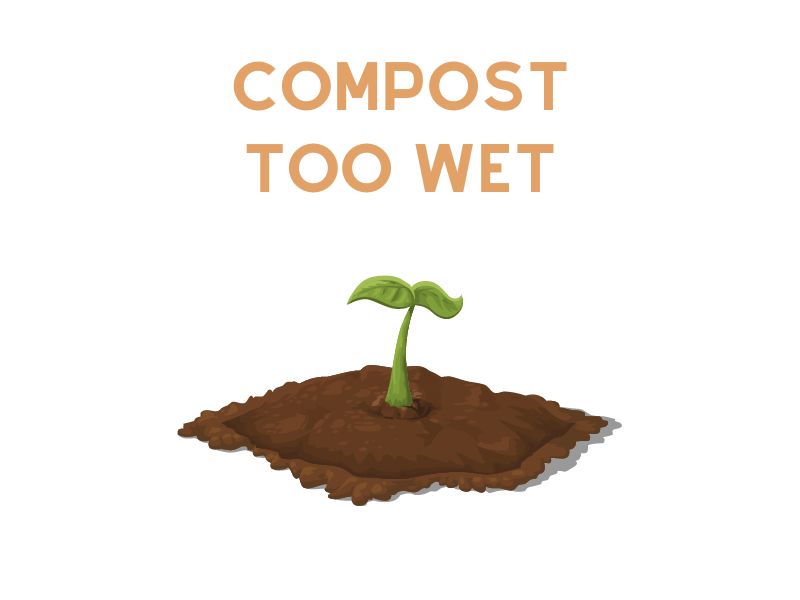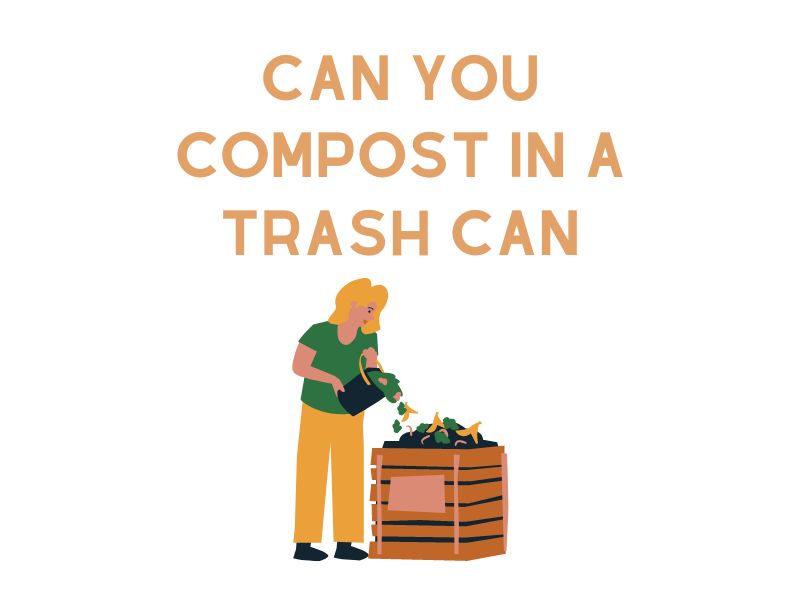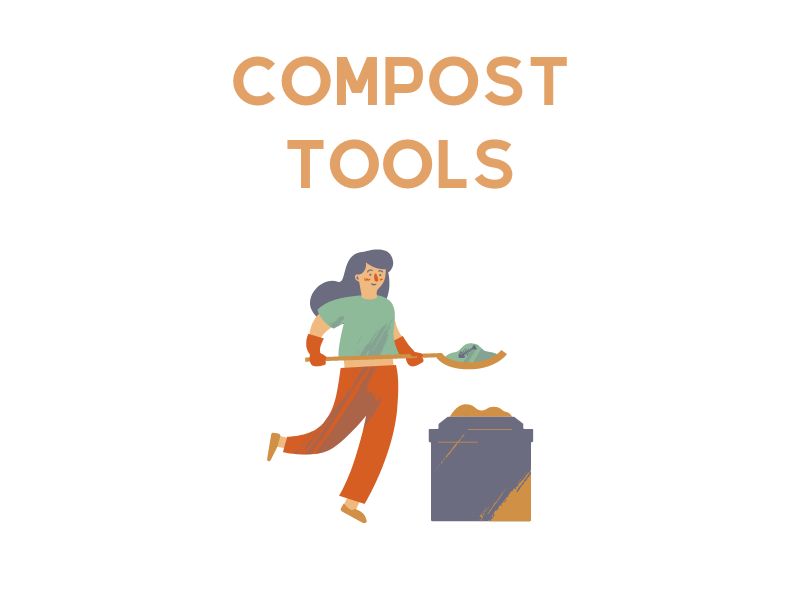Worm composting also called vermiculture or vermicomposting is one of the must-haves for a healthy garden. It is a natural and odor-free compost that relies on worms and organic matter, such as food scraps.
To get started, one of the most important is to have a worm composting bin. It has holes for moisture and ventilation. The worm needs to be fed properly to make sure that they thrive and remain healthy.
If you are curious about the best food for worms, keep on reading and we’ll let you know some of the best options. While a worm composting bin is inexpensive and easy to start, its success will depend on a variety of factors, and that includes what you feed the worms.
The Best Food for Worms
Like humans and animals, worms need the right food for their survival. You need healthy worms to ensure a good compost. Pay attention to what they are eating. Below, we’ll talk about some of the best foods you should be adding to a worm bin.
- Fruit and Vegetable Scraps: When it comes to feeding earthworms, you can never go wrong with fruits and veggies. Some of the best include apples, bananas, berries, squash, pumpkin, and greens.
- Coffee Grounds: Coffee grounds are organic matter, making it another great addition to your worm bin. It is a good source of nitrogen and has a neutral pH. This is also beneficial for improved digestion. However, use coffee grounds in moderation as it can make the compost acidic.
- Eggshells: Crushed eggshells will provide the calcium needs of worms, which will also be beneficial in terms of minimizing acidity in the soil. Before crushing the shells, see to it that there are no egg residues.
- Animal Manure: It might sound gross but adding manure to the compost is another great way to feed worms. It is already partially decomposed, which means that it will be easier for worms to break down. Pig, sheep, and goat manure are good. Cat and dog manure, on the other hand, should not be added.
- Paper: When feeding paper, make sure that they are properly shredded, which will make it easier for worms to consume. It can provide air, food, and water to the worms. It also has no additional flavors.
What to Avoid
Now that you know what to feed worms, you should also learn about those that you should avoid, including the following:
- Meats: It is best to avoid meats in worm bins because when they decompose, they will develop a foul smell.
- Processed Foods: Like meats, using processed foods in the worm bin should also be avoided because they can smell when they decompose.
- Citrus: Lemons, limes, oranges, and other citrus foods should also be avoided. They can make the soil too acidic and can also attract fruit flies.
- Spicy Foods: Hot peppers and other spicy foods are not good for worms. Since worms are sensitive, they can easily be irritated.
- Yard Trimmings: Especially if these trimmings are from plants that have been treated with pesticides, do not add them in your worm bin.
Tips and Tricks for Feeding Worms
To make worms healthy and have good compost, take note of the things briefly mentioned below.
- Choose a smaller matter, which will be easier for worms to eat. If it is large, chop or puree before putting in the worm bin.
- Keep greens and browns properly balanced. Browns are high in carbohydrates. Greens are high in protein and nitrogen. They are both essential for worms to thrive.
- A worm will eat the same weight as its body. So, if you have one pound of worm in the compost, you will also need to provide one pound of food.
- It is a good practice to cover the food with bedding. This way, you will minimize the chances that there will be flies hovering.
Conclusion
Choosing the right food for worms is crucial for ensuring a healthy and successful compost. As noted above, some of the best things that they can eat include fruits, vegetables, coffee grounds, eggshells, animal manure, and paper. On the other hand, you need to avoid meats, processed foods, citrus, spicy foods, and yard trimmings.




